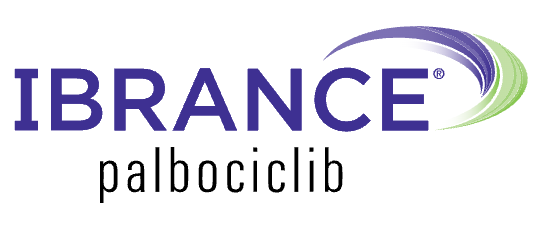Lenvatinib, a multikinase inhibitor, has revolutionized the treatment landscape for patients with thyroid cancer. This blog post will provide a detailed overview of lenvatinib, its mechanism of action, clinical significance, and dosing considerations in the context of thyroid cancer.
Mechanism of Action
Lenvatinib is a potent inhibitor of multiple receptor tyrosine kinases (RTKs), including vascular endothelial growth factor receptors (VEGFRs), fibroblast growth factor receptors (FGFRs), platelet-derived growth factor receptors (PDGFRs), and rearranged during transfection (RET) kinase. By inhibiting these RTKs, lenvatinib disrupts tumor angiogenesis, proliferation, and metastasis, making it an effective treatment for various thyroid cancers.
Lenvatinib is a multikinase inhibitor that has demonstrated significant benefits in the treatment of thyroid cancer, particularly in advanced or metastatic disease. The key benefits of using lenvatinib in thyroid cancer include:
- Improved progression-free survival (PFS) compared to placebo, with a median PFS of 18.3 months versus 3.6 months in the SELECT trial.
- A significant overall response rate (ORR) of 68% in differentiated thyroid cancer, 22% in medullary thyroid cancer, and 24% in anaplastic thyroid cancer.
- A disease control rate of 100% in differentiated thyroid cancer, 100% in medullary thyroid cancer, and 94% in anaplastic thyroid cancer.
- Approval by the FDA for the treatment of locally recurrent or metastatic, progressive, radioactive iodine (RAI)-refractory differentiated thyroid cancer (DTC).
- Potential benefit in overall survival, particularly in older patients.
However, lenvatinib is associated with a range of side effects, and its use requires careful monitoring and management to ensure optimal patient outcomes.
Clinical Significance
Lenvatinib capsule has demonstrated remarkable clinical significance in the treatment of thyroid cancer, particularly in patients with advanced or metastatic disease. It has been approved by the FDA for the treatment of differentiated thyroid cancer (DTC) that has progressed following prior VEGFR-targeted therapy, and for the treatment of radioactive iodine-refractory differentiated thyroid cancer (RAI-R DTC). Lenvatinib’s clinical significance is further underscored by its multiple indications, including medullary thyroid cancer (MTC) and anaplastic thyroid cancer (ATC).
Dosing Considerations
The recommended dosing of lenvatinib capsule for the treatment of thyroid cancer is 24 mg orally once daily, with or without food. Lenvatinib should be taken at the same time each day, and patients should be monitored for potential side effects and toxicities.
In addition to thyroid cancer, lenvatinib is also utilized for the treatment of various types of cancer, including Renal Cell Carcinoma (RCC), Hepatocellular Carcinoma (HCC), and Endometrial Carcinoma (EC). In RCC, it is administered in combination with pembrolizumab as a first-line treatment for advanced cases, and with everolimus following one prior antiangiogenic therapy.
For HCC, Lenvatinib is prescribed as a first-line therapy for unresectable cases. In the case of advanced EC that is not MSI-H or dMMR, Lenvatinib is used alongside pembrolizumab for patients who have experienced disease progression after previous systemic therapy and are not candidates for curative surgery or radiation.
Lenvatinib side effects
Lenvatinib, like any other medication, can cause side effects. The most common side effects include:
- Hypertension
- Diarrhea
- Fatigue
- Decreased appetite
- Nausea
- Weight loss
- Proteinuria
- Hypothyroidism
- Palmar-plantar erythrodysesthesia (hand-foot syndrome)
- Abdominal pain
- Dysphonia
- Headache
- Increased blood creatinine
- Increased alanine aminotransferase (ALT)
- Increased aspartate aminotransferase (AST)
Serious side effects of lenvatinib include:
- Arterial thromboembolic events
- Venous thromboembolic events
- Gastrointestinal perforation
- Hepatotoxicity
- Reversible posterior leukoencephalopathy syndrome (RPLS)
It is essential to monitor patients for potential side effects and toxicities and to adjust the dosing regimen or discontinue the medication if necessary.
Conclusion
Lenvatinib has revolutionized thyroid cancer treatment with its unique mechanism of action and broad clinical significance. Ongoing research into dosing regimens highlights its potential to further enhance cancer therapy. Overall, as a multikinase inhibitor, lenvatinib significantly improves patient outcomes in thyroid cancer, marking a transformative advancement in cancer treatment. To check availability of generic brand of Lenvatinib in India, interested individuals can contact the Patient Support Team at (+91) 9315705373 or via email at help@sansfro.com.



